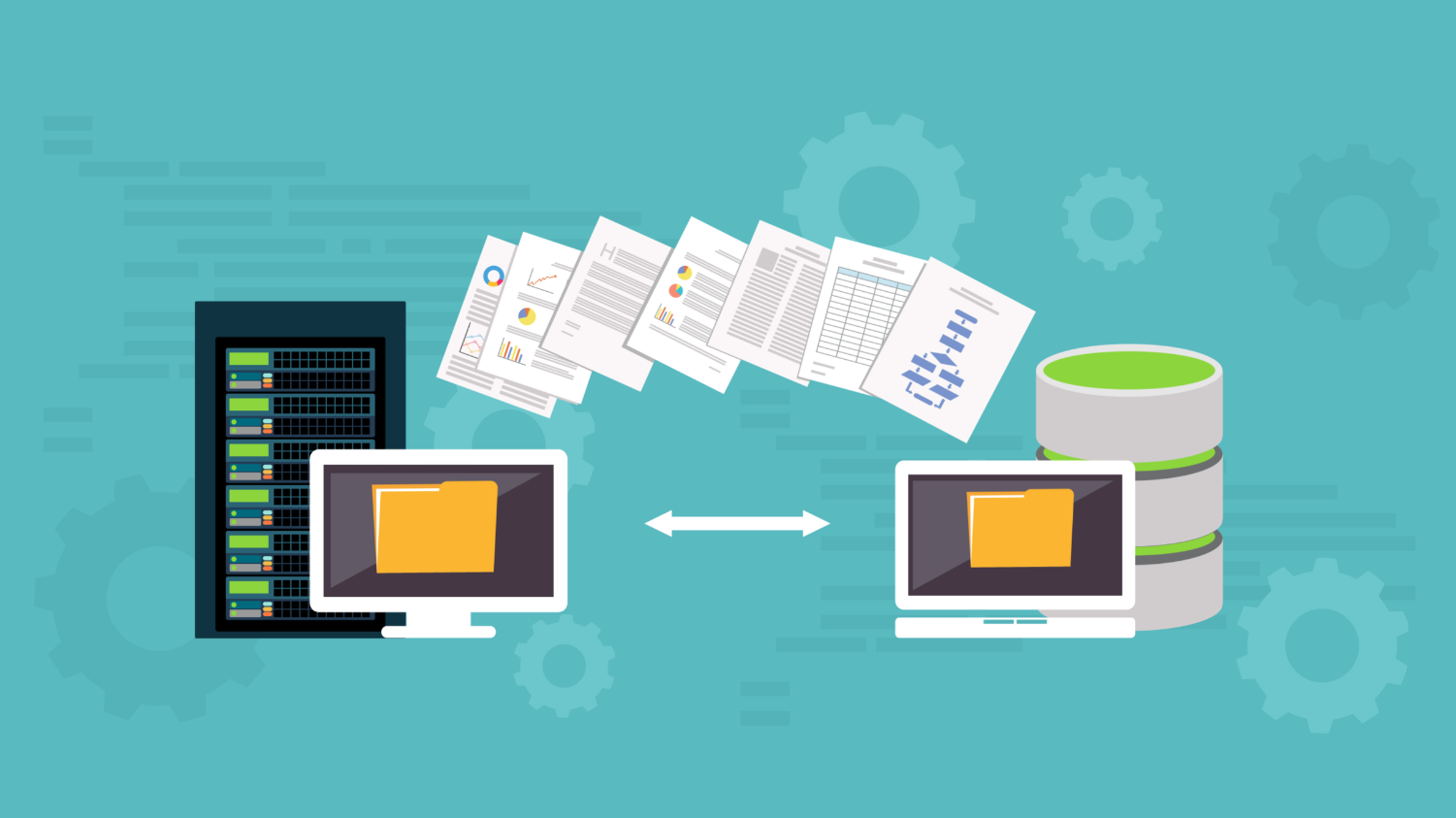Best Practices for Data Backup
Data Backup | December 5, 2019

Getting to know some of the best practices for data backup will help ensure that you are doing everything in your power to keep your business data safe and secure. At Next Hop Solutions, we understand how important it is to properly backup your data. That is why our talented team has put together a list of best practices for data backup.
1. Use Remote Storage
Once of the most important steps that you can take to ensure your data is safe and secure is to use remote backups. Offsite, or at least off-server, backups will provide you with viable data even if your central servers are compromised. This means that you will be able to easily recover data that would otherwise be lost.
2. Backup Files Frequently and Regularly
Taking backups frequently and on a regular schedule can help prevent the loss of critical data. Make sure to take the time to determine how often your data is being updated, so that you can create an appropriate timeline of how regularly your data should be backed up.
3. Keep Backups Encrypted and Protected
In some cases, backing up your business data in an offsite location is not enough to keep your data safe. While encrypting the files is an added step in data security, it can help ensure your data will be exactly what you expect in the event that you need to recover it.
4. Give the Highest Priority to Crucial Data
When deciding what data should or should not be backed up, it is important to take into consideration how much you are willing to risk losing. Since certain files like database and accounting files tend to be the most critical assets for any type of business, these types of files should be backed up before and after any significant use. For some businesses, this might mean backing up the files on a daily basis.
5. Test the Backups Before You Need Them
Before a disaster strikes, it is always a good idea to test your data recovery plan and to try restoring a few files onto a different computer at another location to ensure that your data backup software is working properly.
If you would like to learn more best practices for data backup, or if you are interested in our backup services, please contact the IT experts from Next Hop Solutions at 1-855-482-5141 or by requesting a consultation on our website.

Getting to know some of the best practices for data backup will help ensure that you are doing everything in your power to keep your business data safe and secure. At Next Hop Solutions, we understand how important it is to properly backup your data. That is why our talented team has put together a list of best practices for data backup.
1. Use Remote Storage
Once of the most important steps that you can take to ensure your data is safe and secure is to use remote backups. Offsite, or at least off-server, backups will provide you with viable data even if your central servers are compromised. This means that you will be able to easily recover data that would otherwise be lost.
2. Backup Files Frequently and Regularly
Taking backups frequently and on a regular schedule can help prevent the loss of critical data. Make sure to take the time to determine how often your data is being updated, so that you can create an appropriate timeline of how regularly your data should be backed up.
3. Keep Backups Encrypted and Protected
In some cases, backing up your business data in an offsite location is not enough to keep your data safe. While encrypting the files is an added step in data security, it can help ensure your data will be exactly what you expect in the event that you need to recover it.
4. Give the Highest Priority to Crucial Data
When deciding what data should or should not be backed up, it is important to take into consideration how much you are willing to risk losing. Since certain files like database and accounting files tend to be the most critical assets for any type of business, these types of files should be backed up before and after any significant use. For some businesses, this might mean backing up the files on a daily basis.
5. Test the Backups Before You Need Them
Before a disaster strikes, it is always a good idea to test your data recovery plan and to try restoring a few files onto a different computer at another location to ensure that your data backup software is working properly.
If you would like to learn more best practices for data backup, or if you are interested in our backup services, please contact the IT experts from Next Hop Solutions at 1-855-482-5141 or by requesting a consultation on our website.





